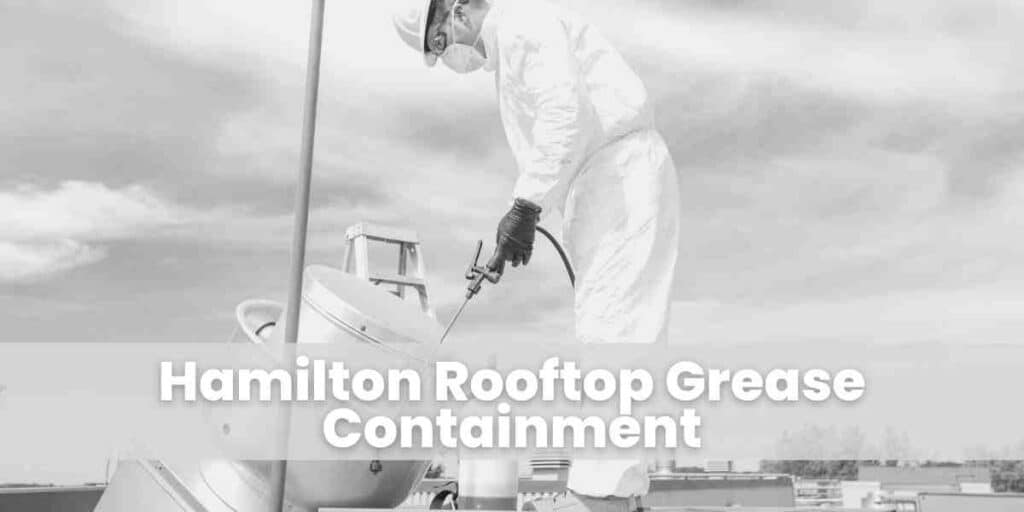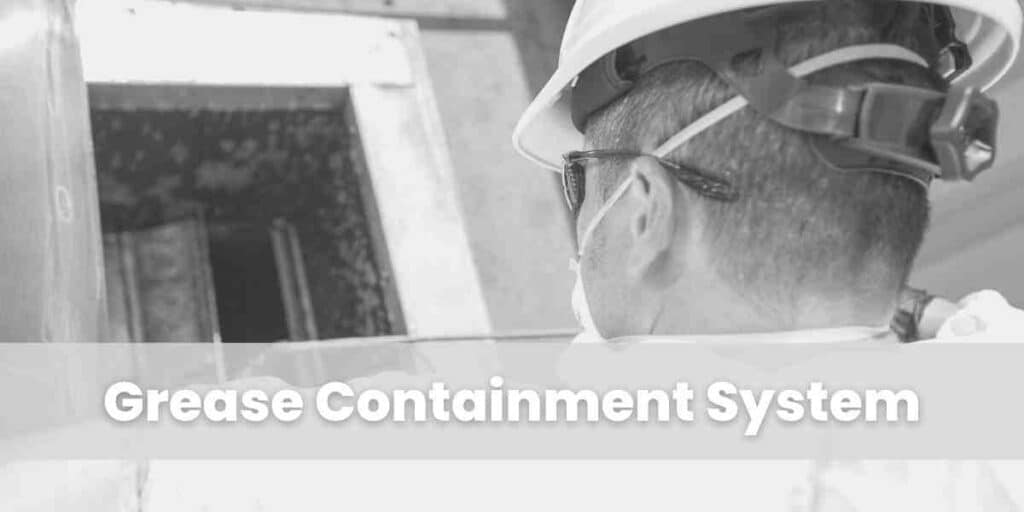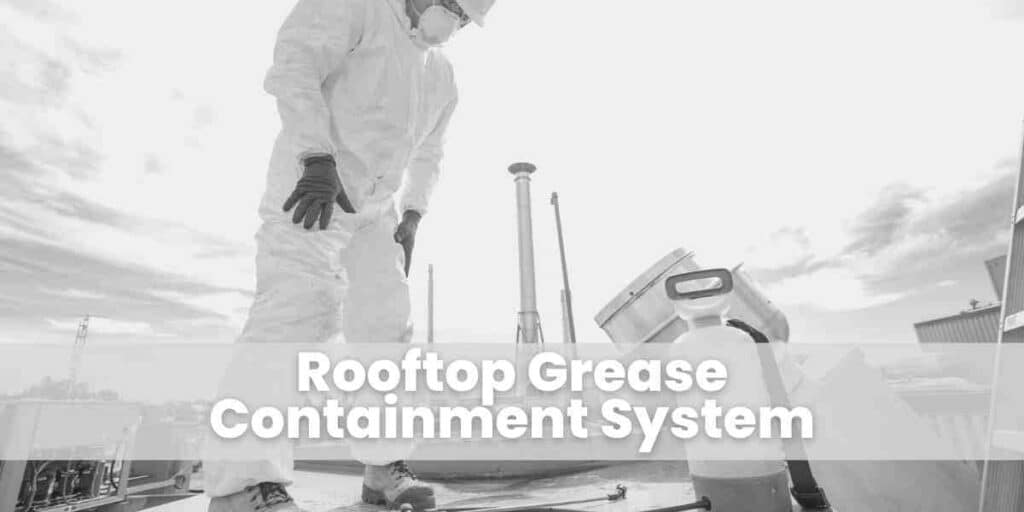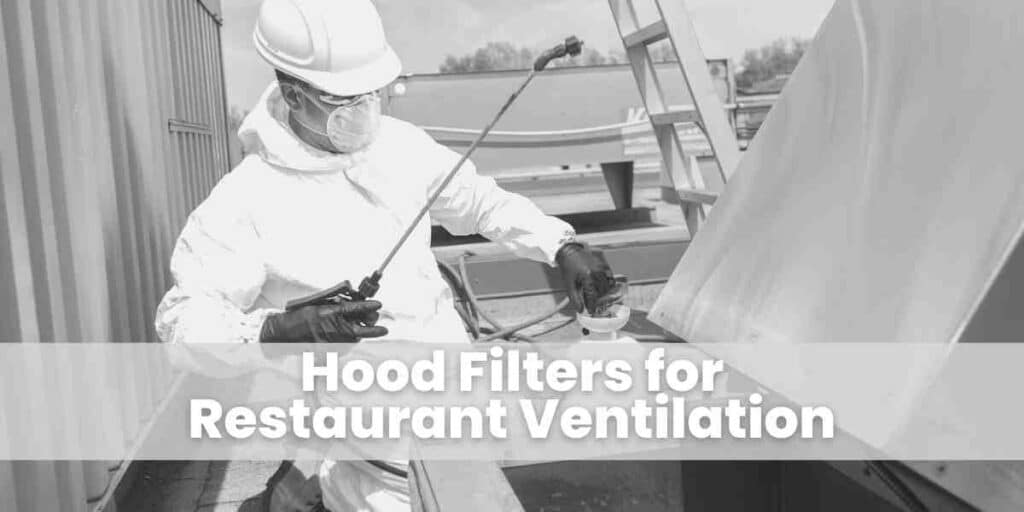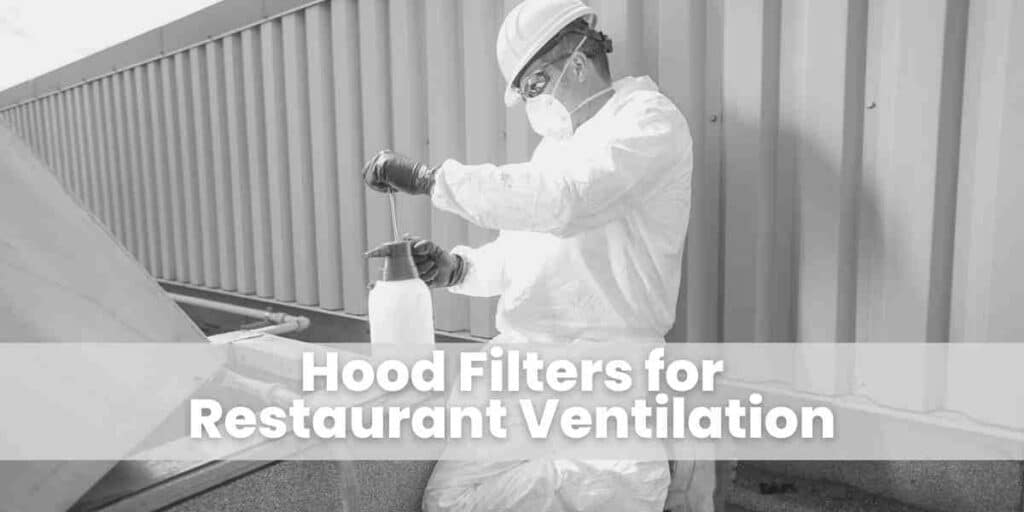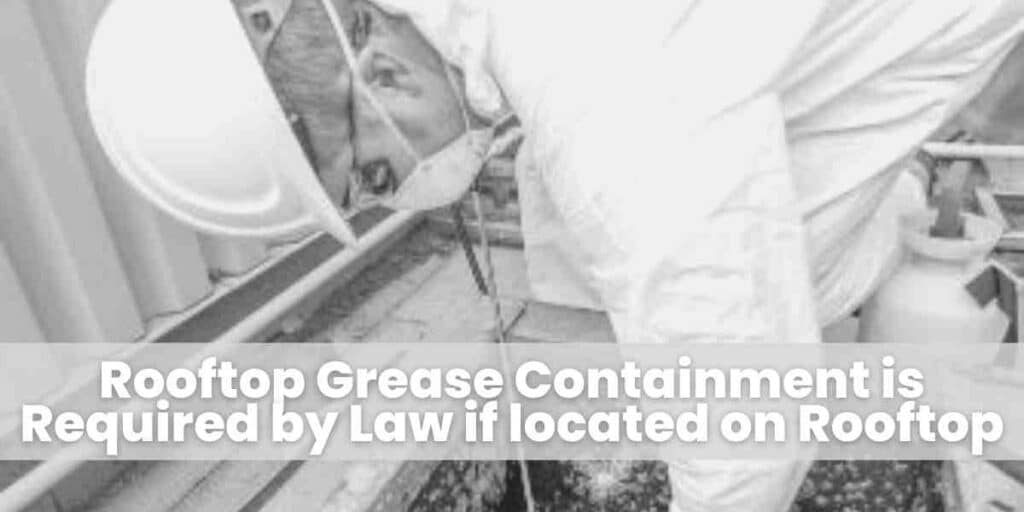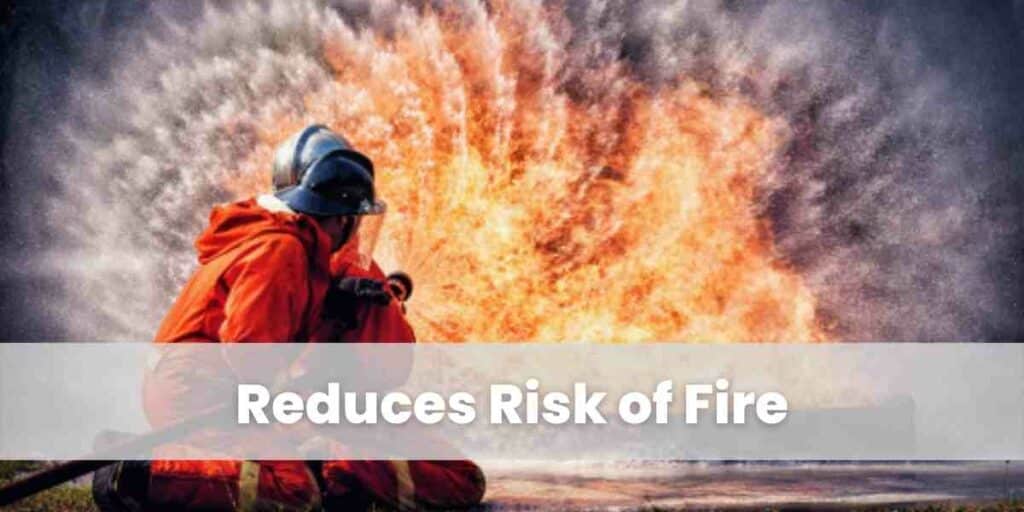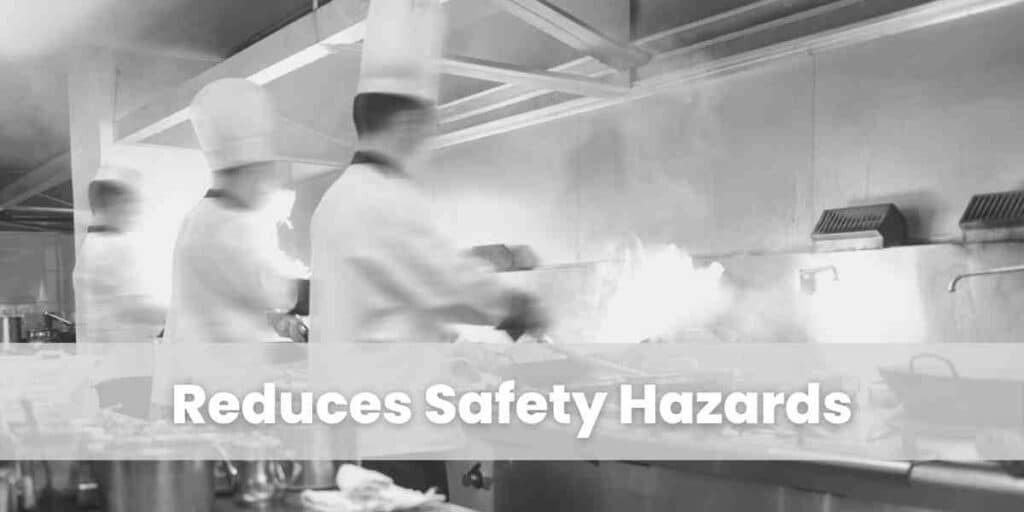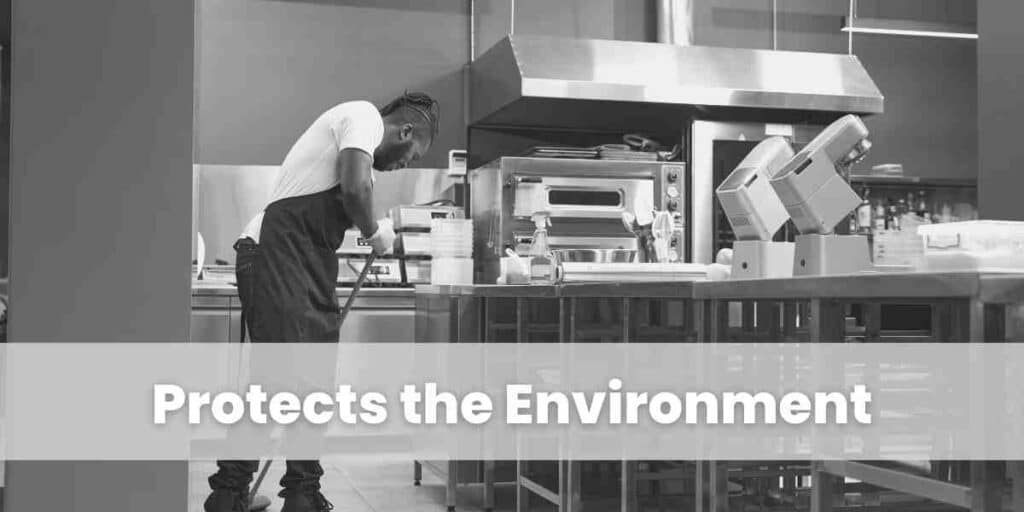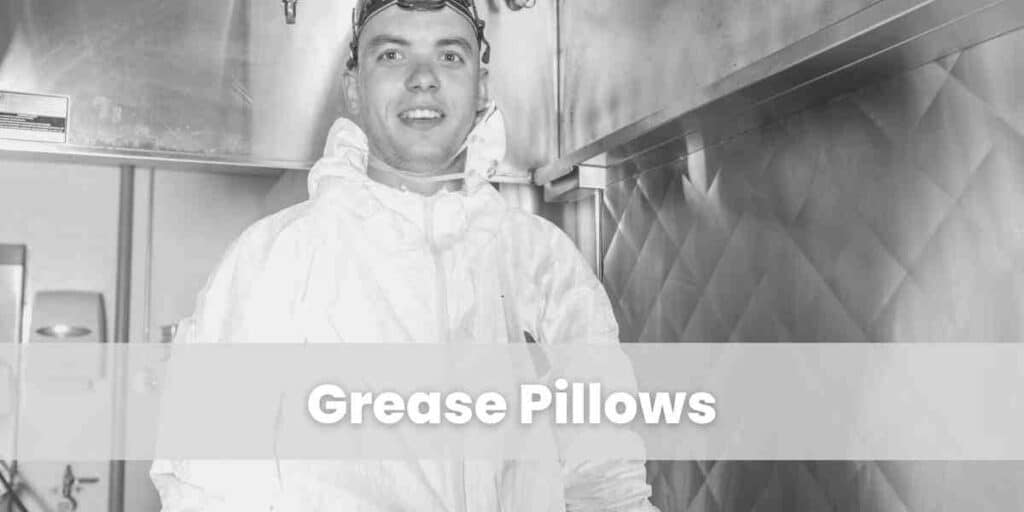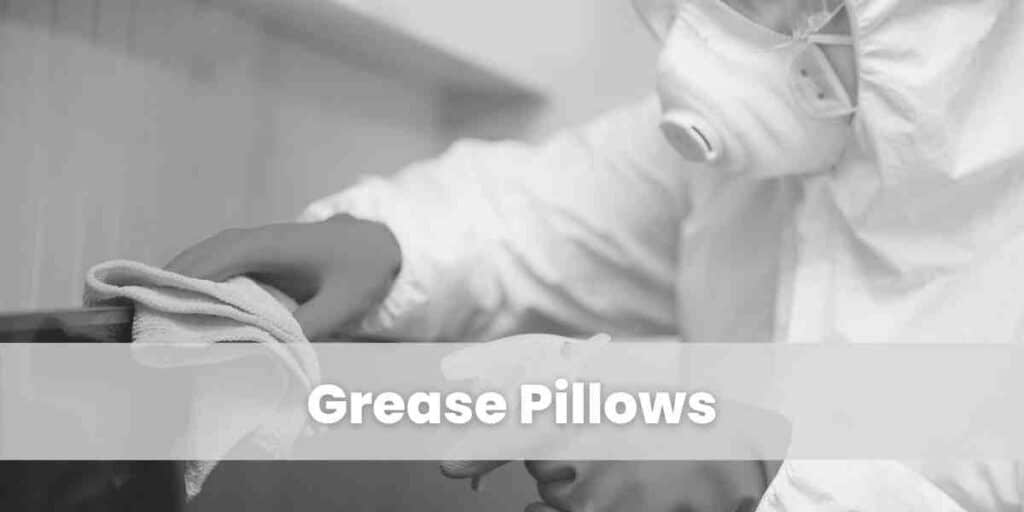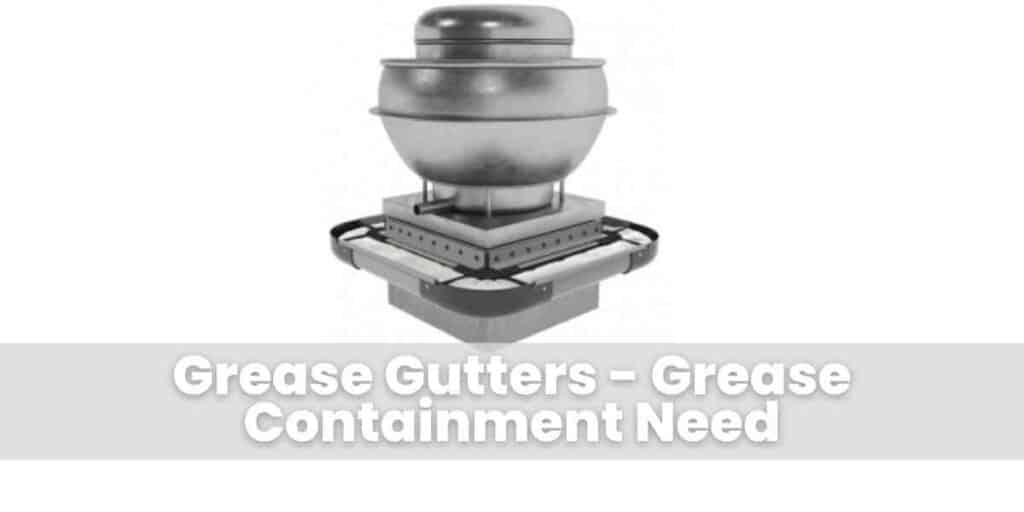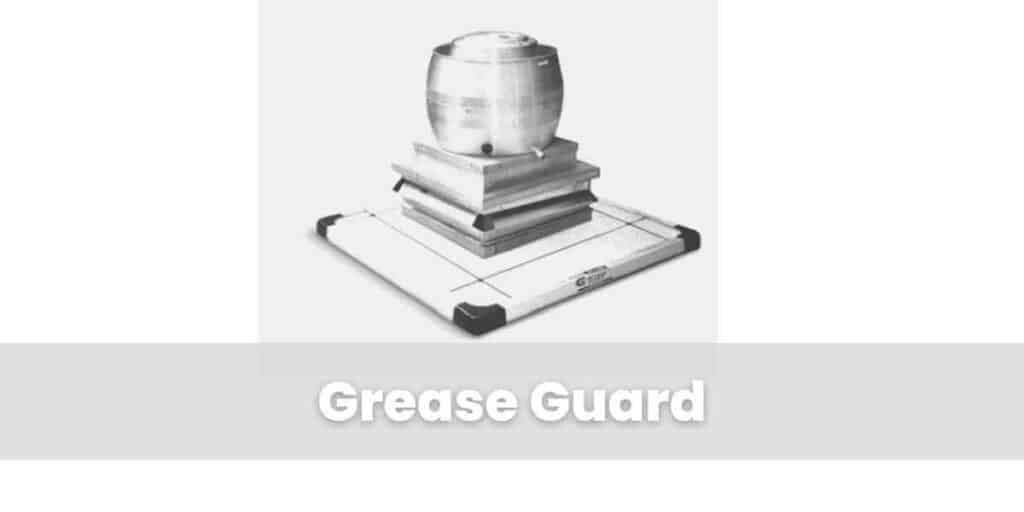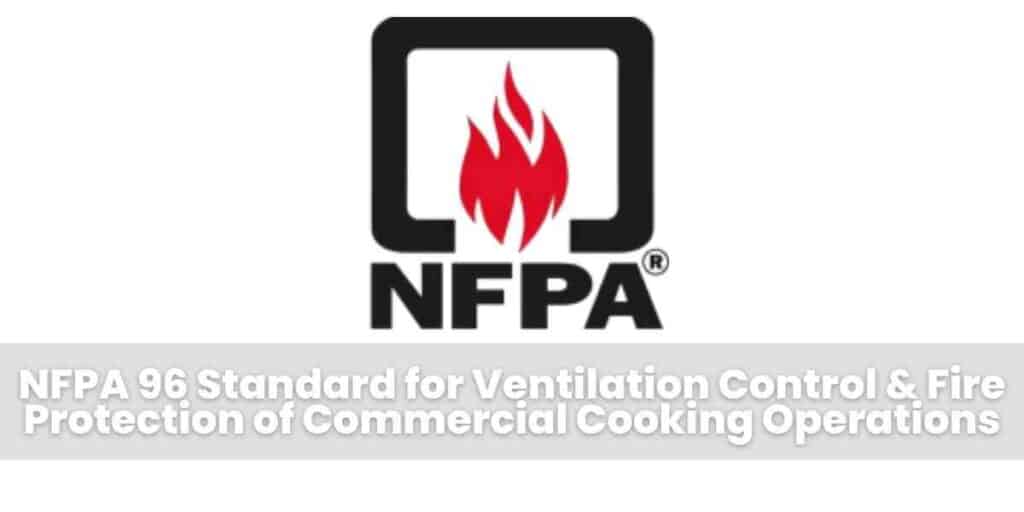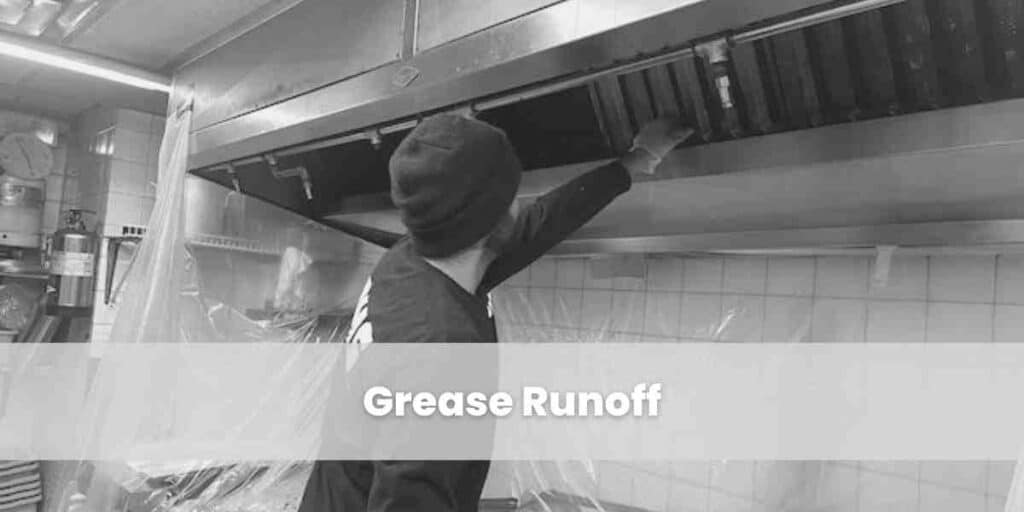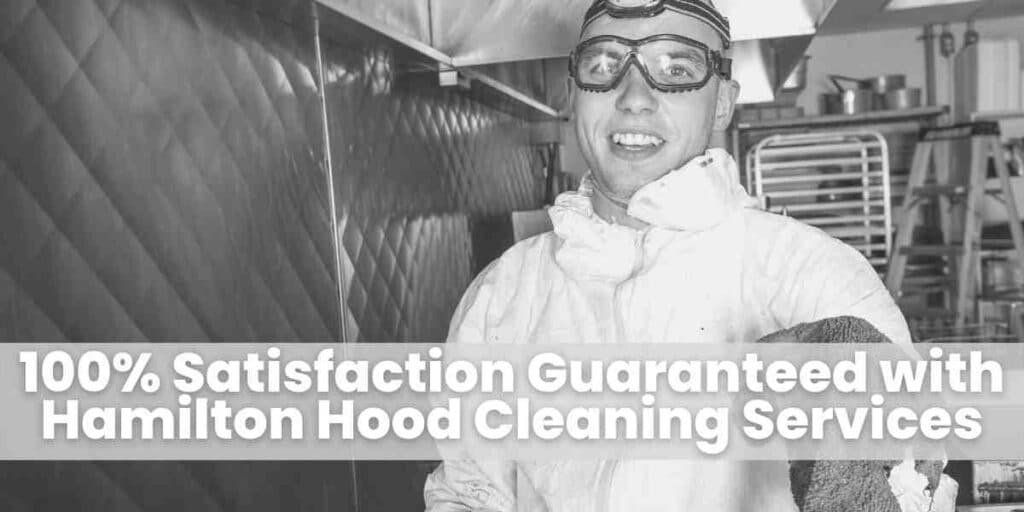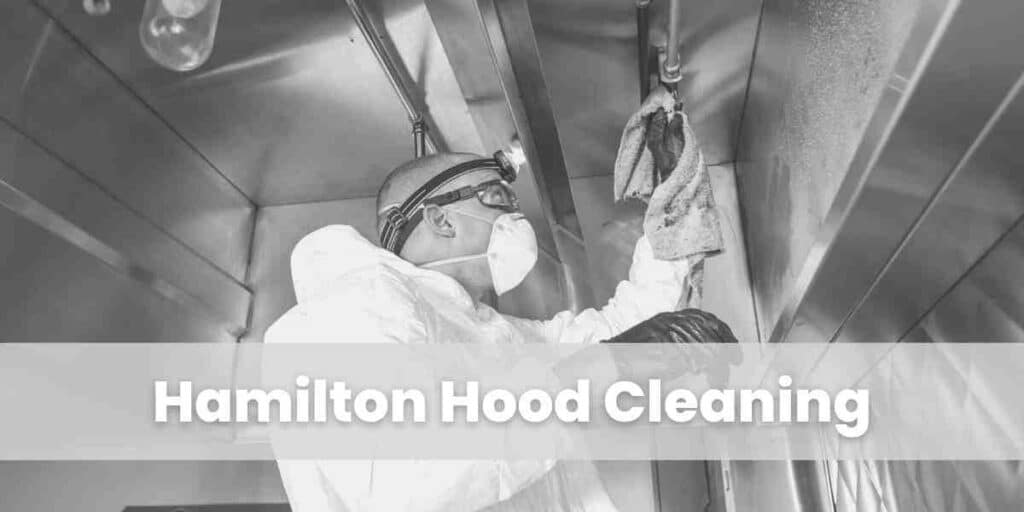Hamilton Rooftop Grease Containment
Commercial Kitchen Exhaust Cleaning Specialists
Commercial Cleaning Service
*** We provide Health & Safety CERTIFICATE as per NFPA 96 code, before and after pictures will be provided after the completion of work.
*** We are NFPA #96 CERTIFIED Kitchen Exhaust System Cleaning Company.
*** WSIB and Liability Insurance will be provided before the start of work.
We Have The World's Most Awesome Clients










Hamilton Rooftop Grease Containment
Commercial kitchen exhaust fans are created to capture the grease and other particles that go up in the air. They have to accumulate somewhere, and for this particular instance, it would be the roof.
Did you know that most rooftops are made of rubber? This design element allows the roof to stretch and compress during extreme temperatures, without any harm. A rooftop grease containment system is effective in preventing grease from overflowing and ruining your roof. If you don’t clean up the grease within two weeks, it will damage your roof. A hood cleaning won’t be enough to save it either because by then the rubber would have already become hardened and cracked from the acidity of the grease.
Not only does this cause extensive damage to your roof, but it also creates an environmental issue. If the grease leaks onto the roof and it rains, the combination of water and grease can run down your building’s exterior, leaving a nasty stain. Additionally, the grease will clog storm drains. Not only does this prevent sewage from flowing properly, but it can also cause sewer fires and contaminate water sources. If your kitchen is responsible for the grease blockage, you could be fined and required to pay for cleanup costs – which could amount to thousands of dollars.
Grease Containment System
You might want to consider a grease containment system to help stop heavy grease buildup from your exhaust fan system from damaging your roof. Grease that leaks out of your fan system can be quite damaging to your roof, as well as costly.
Grease containment systems are designed to create a barrier between the grease and your roof, helping minimize damage from grease buildup. If you’re thinking about installing a grease containment system, think about these things first:
Weigh on the size of your grease containment system. Make sure that your system is large enough to completely cover your exhaust fan, and that it can hold all of the grease from your fan without allowing any leaks or spills. Consider how often you will need to service your containment system to make sure it is always working properly.
Another thing to consider when installing a grease containment system is the type of roof you have. Different roofing materials require different types of grease containment systems, so you should speak with an expert to determine what type of system will work best for your particular situation.
Ultimately, if you want to protect your roof from damage from grease buildup, a rooftop grease containment system is a great way to do so. By considering these issues in advance, you can make sure that your system works well and provides the protection you need.
Looking for a grease containment system? Get in touch with us at your convenient time to learn more!
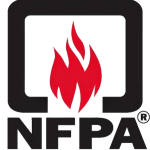
Our Fully Trained Service Technicians Follow The NFPA 96 (National Fire Protection Association) Standards for Hood & Kitchen Exhaust Cleaning.
Get Your Free Hood Cleaning Estimate Now!
Rooftop Grease Containment System
According to the National Fire Protection Association fire Standard 96, all commercial kitchens must have a rooftop grease containment system installed. Since the National Building Code of Canada adheres to the NFPA guidelines, all restaurants, and commercial kitchens in Hamilton, Ontario are required to follow the same fire code.
The rooftop containment system is designed to keep any grease or oil from spreading into neighboring buildings. It is made up of a series of sump pits that will collect the grease and oils that can potentially catch fire. The sump pits are connected via pipes through the roof and are emptied regularly to prevent them from overflowing.
Containment systems come in all shapes and sizes, so before investing in one, be sure to speak with a company representative about your needs. This way, you can ensure that you’re getting the best possible product for your money.
Rooftop grease containment systems rely on hydrophobic pads to repel water and keep the grease contained. Without a system in place, rain would mix with the rooftop grease and cause overflow. If not caught and cleaned up soon, grease can start to eat away at your roofing material, leading to expensive repairs.
Hood Filters for Restaurant Ventilation
There’s no way a kitchen hood system would function properly without hood filters. These filtration systems are responsible for filtering grease and smoke from the air, affording a perk that goes beyond keeping the air clean. Hood filters can even extend the life of the hood system.
When it comes to restaurant ventilation, there are a few different options for collecting and removing these airborne particles. Each one offers its own advantages, so picking the right product will depend on your needs and budget. Here’s a preview of the most common variants:
Perforated hoods
This type of filter is the simplest and most affordable. As the name suggests, it’s a piece of metal with lots of tiny holes punched into it. Grease and smoke are caught in these pores as they move through the air above your stovetops, before being deposited into an extractor system that removes them from your restaurant.
Mesh hoods
This type of filter features a metal screen with larger holes that are spaced apart from one another. This increases the filtration capacity but still allows for ample airflow to reduce cooking times and increase heat circulation in your kitchen. Mesh hoods also tend to be more affordable than their perforated counterparts, making them a good choice for those on a tight budget.
Grease filters
If you’re hoping for a way to improve the quality of your indoor air, then investing in high-quality grease filters is the way to go. These systems are designed specifically for trapping smoke and grease particles, so they offer some of the best filtration available. This results in a cleaner kitchen, and better air quality for the rest of your building.
Rooftop Grease Containment is Required by Law if located on Rooftop
If your Hamilton ON restaurant’s hood system is vented to the outside via a rooftop exhaust, then you’re required by law to install a grease containment system. These are devices that collect grease and smoke buildup before it has a chance to contaminate roof surfaces or other areas of your building. They come in many different forms, including pads, liners, and a variety of different materials.
While it may seem like an unnecessary expense, do remember that the fines for failing to comply with smoke stack regulations can be as high as $20,000!
Reduces Risk of Fire
Rooftop grease containment systems can also help prevent fires from occurring in your exhaust hood system. While many restaurants have the best of intentions towards regular maintenance, sometimes things slip through the cracks. That’s why these containment units are designed to remove grease and smoke buildup before it has a chance to ignite or accumulate in impractical amounts.
A fire is one of the most devastating things that can occur in a commercial kitchen, especially when it’s connected to an exhaust system. Grease fires are all too common in commercial kitchens, as they burn extremely hot and quickly, making them hard to extinguish with traditional systems. This is why having an effective grease containment system installed over your roof vents is so critical.
Reduces Safety Hazards
Another benefit of having a grease containment system is that it reduces the number of hazards present in your exhaust hood system. Grease buildup can pose a serious risk to workers, especially if they’re not equipped with adequate safety equipment such as protective clothing and ventilator units. These devices will allow them to operate without having to worry about harmful smoke and grease entering their lungs.
Protects the Environment
Grease and smoke buildup pose a serious threat to the environment when it’s released into the air. The reason is that airborne grease particles may carry with them cancer-causing agents that can harm people and animals, especially in an urban setting like Hamilton Ontario. By having a roof containment system installed over your vents, you’ll be preventing these harmful substances from entering the air, protecting both your employees and Mother Nature.
Grease Pillows
How Grease Pillows Can Help Your Restaurant Comply with EPA Regulations
Running a restaurant is a lot of work. Not only do you have to worry about preparing delicious food and providing excellent customer service, but you also have to make sure that your establishment is in compliance with all applicable regulations. failure to do so can result in costly fines.
One area of focus for restaurant owners is exhaust fans and the grease and oils that stream from them. If not properly contained, these hazardous materials can cause all sorts of problems, including fires. That’s where Grease Pillows come in. These water-repellent and fire-resistant pillows are specifically designed to soak up grease and oil, trapping it so that it cannot seep out, even if the material is drenched with water. In addition, they are compliant with EPA regulations for absorbents, which means using them can help you avoid costly fines.
Why Use Grease Pillows? There are many reasons to use Grease Pillows in your restaurant’s exhaust system. They are:
•Water repellent – The last thing you want is for water to mix with the grease and oil and create a hazardous situation.
•Fire resistant – In the event of a fire, you want to make sure that the grease and oil are not contributing to the flames.
•Compliant with EPA regulations – By using Grease Pillows, you can help your restaurant stay in compliance with EPA regulations and avoid costly fines.
How to Use Grease Pillows: Grease Pillows are easy to use. Simply place them in the Grease Catcher Box under your exhaust fan. The pillows will do the rest, soaking up the grease and oil so that it does not pose a hazard.
When Should Grease Pillows Be Replaced? Grease Pillows should be replaced when they become full or when they reach the end of their useful life, whichever comes first. Most importantly, they should be replaced before they become overloaded and start leaking grease and oil into the environment.
It’s important to keep your restaurant safe and compliant with regulations, and using Grease Pillows is one way to do that. These pillows are specifically designed to soak up potentially hazardous grease and oil, trapping it so that it cannot seep out into the environment. In addition, they are compliant with EPA regulations for absorbents, which means using them can help you avoid costly fines. So if you’re looking for an easy way to improve the safety of your restaurant, consider investing in some Grease Pillows today.
Grease Gutters - Grease Containment Need
What is a grease gutter? The Grease Gutter is particularly developed for use in grease discharge applications that are low to moderate in order to safeguard the environment, lower the risk of fire, and lessen the severity of roof damage. full protection around the clock for high-output systems. What distinguishes the Grease Gutter from other types of grease removal systems is the unique design that allows it to be installed underneath almost any type of roofing material without penetrating the roofing material, therefore providing full protection around the clock for high-output systems. What are some of the benefits of using a Grease Gutter? The benefits of using a Grease Gutter are many and varied, but perhaps the most important benefit is that it significantly lowers the risk of fire. In addition, the Grease Gutter also helps to safeguard the environment by preventing grease and oil from entering the storm drains and sewage system, and it also helps to reduce the severity of roof damage by deflecting water away from the sensitive areas of the roof.
Grease Guard
Installing a Grease Guard Rooftop System around the curb of exhaust fans allows for the collection of any greases, oils, fats, or other pollutants that are expelled by the fans. If you own or manage a restaurant, an industrial facility, or a retail center, you will want to install a Rooftop Grease Guard in order to safeguard the structural and aesthetic integrity of the building’s roof and ceiling.
Purchasing a Grease Guard Rooftop System is an easy and effective approach to protect your company against a range of rooftop grease-related risks, some of which can be fatal, including building fires and restaurant fires. These hazards can be avoided by investing in the Grease Guard Rooftop System.
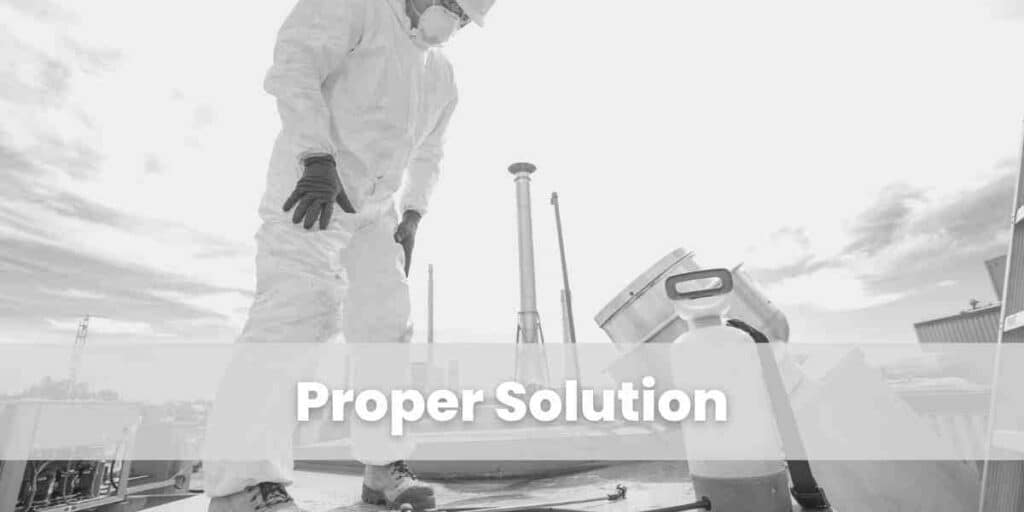
Proper Solution
Ensuring that you have the proper solution(s) in place for your kitchen exhaust hoods and rooftop grease containment is essential to provide a safe work environment for staff and also to have safe, clean ventilation for all patrons as well. With the correct use of a factory upblast fan, these units will remove vapors, odors, and smoke from your restaurant environment. Industrial set fan and fan base may also be the best scenario for your establishment.
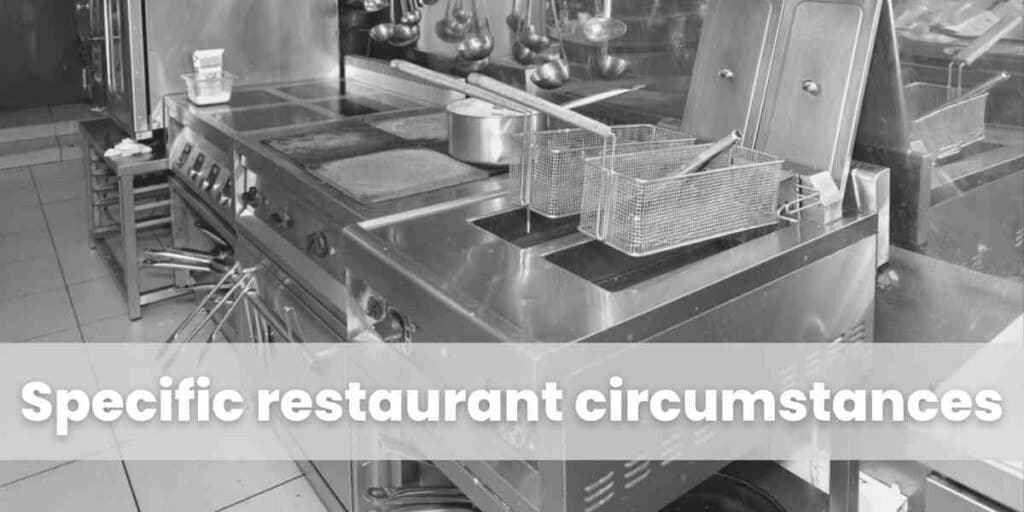
Specific restaurant circumstances
Remember every restaurant may have unique or specific circumstances when dealing with the standard for ventilation and fire safety control.
NFPA 96 Standard for Ventilation Control & Fire Protection of Commercial Cooking Operations
NFPA requires that new restaurant grease filters and exhaust hood systems be designed to the NFPA 96 standard. The NFPA 96 seeks to eliminate or minimize the risk of fire in commercial kitchens. To do so, NFPA 96 requires restaurant hood systems to include features that prevent fires from occurring in the first place and also limit damage from a fire if one does occur.
Grease Runoff
Because certain contaminants can continue to cause problems and hazards even after they have been removed from a building’s rooftop, a number of state and federal agencies, manufacturers of roofing materials, and building owners are focusing a lot of attention on issues relating to rooftop contaminants these days. These pollutants include animal fats, oil, and grease, all of which have the potential to cause early damage to the roofing system and create doubts regarding the scope of the warranty.
100% Satisfaction Guaranteed with Hamilton Hood Cleaning Services
Our team of professional kitchen exhaust cleaners brings forth years of experience in the industry and works on each job with an unwavering commitment to customer satisfaction.
We protect your bottom line, we’ve got you covered! Our Hamilton restaurant hood cleaning services are backed by our 100% Satisfaction Guarantee. If you aren’t happy with our work, let us know and we’ll come back at no cost to you.
Free Written Estimate Call Today
Get an honest and detailed quote for Hamilton kitchen cleaning services from our experienced professionals. We are always on hand to answer any questions. So, call us when you’re ready to get started.
What People Are Saying
See what our customers are saying about us



Hamilton Hood Cleaning Areas Served

